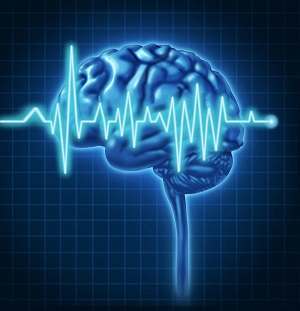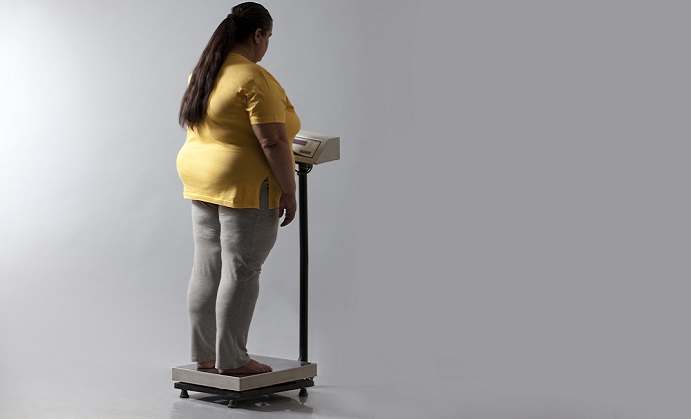Like food, water and oxygen, sleep is also very important for human health. Still there are many speculations about what sleep is and how exactly does it work? Many scientists agree on the point that sleep is essential for maintaining mental and physical health as it plays a vital part in repairing the body and refreshing the human mind. Sleep deprivation or lack of sleep may cause impaired judgment, lack in concentration, fatigue, mood disturbances and decreased physical coordination.
 Depending upon the quantity of light in your surrounding the internal clock present inside your body regulates how and when you will fall asleep. As the sun goes down, your brain discharges hormones due to which you feel sleepy. As the sun rises, because of the exposure to sunlight these hormones are suppressed and your brain releases chemicals due to which you wake up. When a person is sleeping, his brain goes through different stages of sleep each and every night. There are two stages of sleep, Rapid eye movement sleep (REM) and non-rapid eye movement sleep (NREM).
Depending upon the quantity of light in your surrounding the internal clock present inside your body regulates how and when you will fall asleep. As the sun goes down, your brain discharges hormones due to which you feel sleepy. As the sun rises, because of the exposure to sunlight these hormones are suppressed and your brain releases chemicals due to which you wake up. When a person is sleeping, his brain goes through different stages of sleep each and every night. There are two stages of sleep, Rapid eye movement sleep (REM) and non-rapid eye movement sleep (NREM).
REM sleep is the first stage of sleep that usually occurs after every ninety minutes. This stage makes up 1/4 of your usual night sleep. During this stage of sleep your brain shows compelling electrical activity. All of the dreams usually occur during this stage of sleep. Research shows that some of the movements made by the eye coincide with the content of the dream, which indicates that you can see your dreams the same way you see a movie. For premature babies, REM sleep constitutes about 90% of their total sleep, which indicates that dreams can play a vital part in maturing their developing brains.
 NREM sleep is the second stage of sleep which occurs for the rest of the period of sleep. In this stage there is non-rapid eye movement and its quantity is determined by the degree of the deprivation of sleep as well as the age of a person. There are actually 4 stages of NREM sleep and the first one is drowsiness or dozing. In this stage of sleep you linger between being awake and being asleep. In the second stage of NREM sleep you do not have any knowledge regarding your surroundings as your heart rate and breathing slows down and your body temperature significantly drops. During the third and fourth stage of NREM sleep you fall into deep sleep or delta sleep. During this stage your breathing, blood pressure and heart rate slows down and the muscles of your body tend to relax. Repair and growth process of the body occurs in this stage of NREM sleep.
NREM sleep is the second stage of sleep which occurs for the rest of the period of sleep. In this stage there is non-rapid eye movement and its quantity is determined by the degree of the deprivation of sleep as well as the age of a person. There are actually 4 stages of NREM sleep and the first one is drowsiness or dozing. In this stage of sleep you linger between being awake and being asleep. In the second stage of NREM sleep you do not have any knowledge regarding your surroundings as your heart rate and breathing slows down and your body temperature significantly drops. During the third and fourth stage of NREM sleep you fall into deep sleep or delta sleep. During this stage your breathing, blood pressure and heart rate slows down and the muscles of your body tend to relax. Repair and growth process of the body occurs in this stage of NREM sleep.
There are a wide range of disorders that can lead to sleep deprivation. For instance, insomnia, narcolepsy, sleep apnea (obstructive), snoring, movement disorder of the periodic limb and syndrome of restless legs, sleep walking, night terrors, nightmares, circadian rhythm disorder, etc. If you are suffering from any of these disorders you should seek help from your doctor or a sleep deprivation clinic in your locality.
Do you want to find an effective Jet Lag treatment? Check out our top rated Jet Lag products











